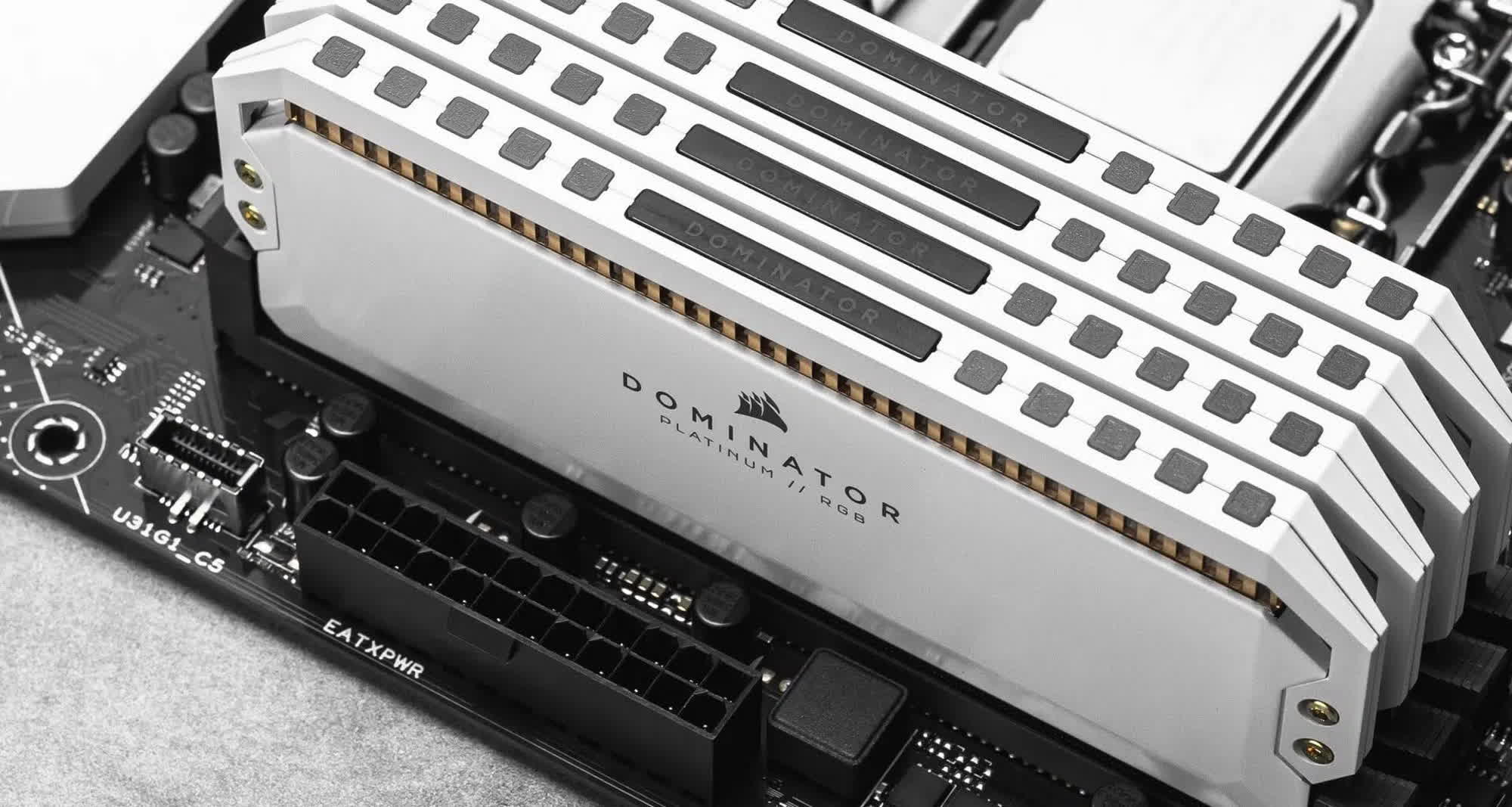In brief: DDR5 memory chips generally have higher latency than DDR4, but this usually doesn't pose a problem under normal usage. However, MSI has released a firmware update to address a mild latency increase introduced last month.
Chinese website Uniko's Hardware recently spotted a new feature in MSI firmware for AM5 motherboards called "Latency Killer," which is designed to improve RAM latency. According to its description, Latency Killer can boost latency performance but may have a negative impact on CPU performance. However, most users are unlikely to notice any significant difference in everyday use.
The Latency Killer feature offers three settings: Enabled, Disabled, or Auto. This new option is intended to restore latency levels to those seen on AM5 motherboards before the recent AGESA 1202a update, which increased latency by around 10 nanoseconds. Some users had been flashing their motherboards with older AGESA versions to regain lost performance.
Corsair explains that a DRAM module's latency refers to how many clock cycles it takes to access a specific set of data stored in RAM. CAS (Column Address Strobe) latency is a key specification that indicates how many clock cycles are needed for the DRAM to provide the requested data to the CPU. For example, a CAS latency of 34 means the module needs 34 RAM clock cycles to fulfill a data request from the processor.
msi adds an option called latency killer in the latest bios to address amd's recent latency problem.
– UNIKO's Hardware ð (@unikoshardware) November 18, 2024
the description is fun:
enhances latency performance but could potentially reduce cpu performance.https://t.co/5Iuxut4VOs pic.twitter.com/m5dkg2oK4I
DDR5 RAM generally has higher CAS latency than DDR4 memory, but it still offers significant performance benefits due to higher power efficiency, greater storage density, and much faster clock speeds. In practical terms, a 10-nanosecond reduction in latency is unlikely to have a noticeable impact on everyday tasks or gaming performance.
The new Latency Killer option appears to be aimed at restoring the memory latency levels seen on AM5 motherboards before the AGESA 1202a update. However, AMD is working on a new firmware revision that will address the latency increase without requiring users to enable or disable any BIOS options.
The AGESA 1.2.0.2a microcode update, released a few weeks ago, added support for Ryzen 9000X3D "Granite Ridge" CPUs on AM5 motherboards. The Granite Ridge architecture, based on Zen 5, is a powerful CPU design with a generous amount of integrated L3 cache, which should help offset the additional latency introduced by AMD's microcode.
